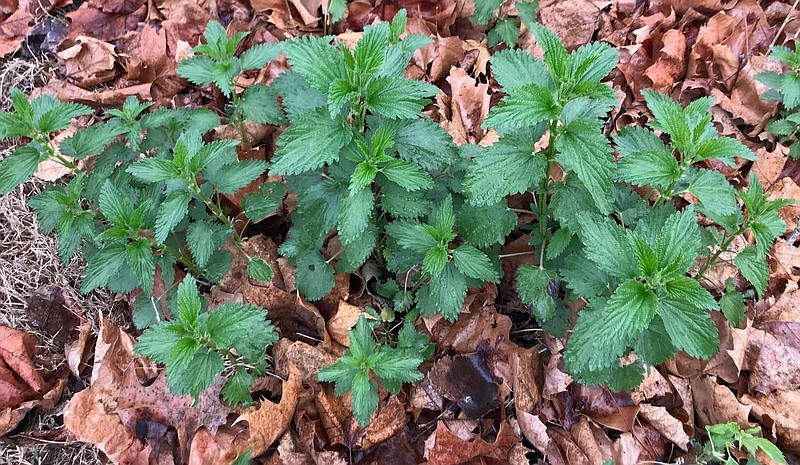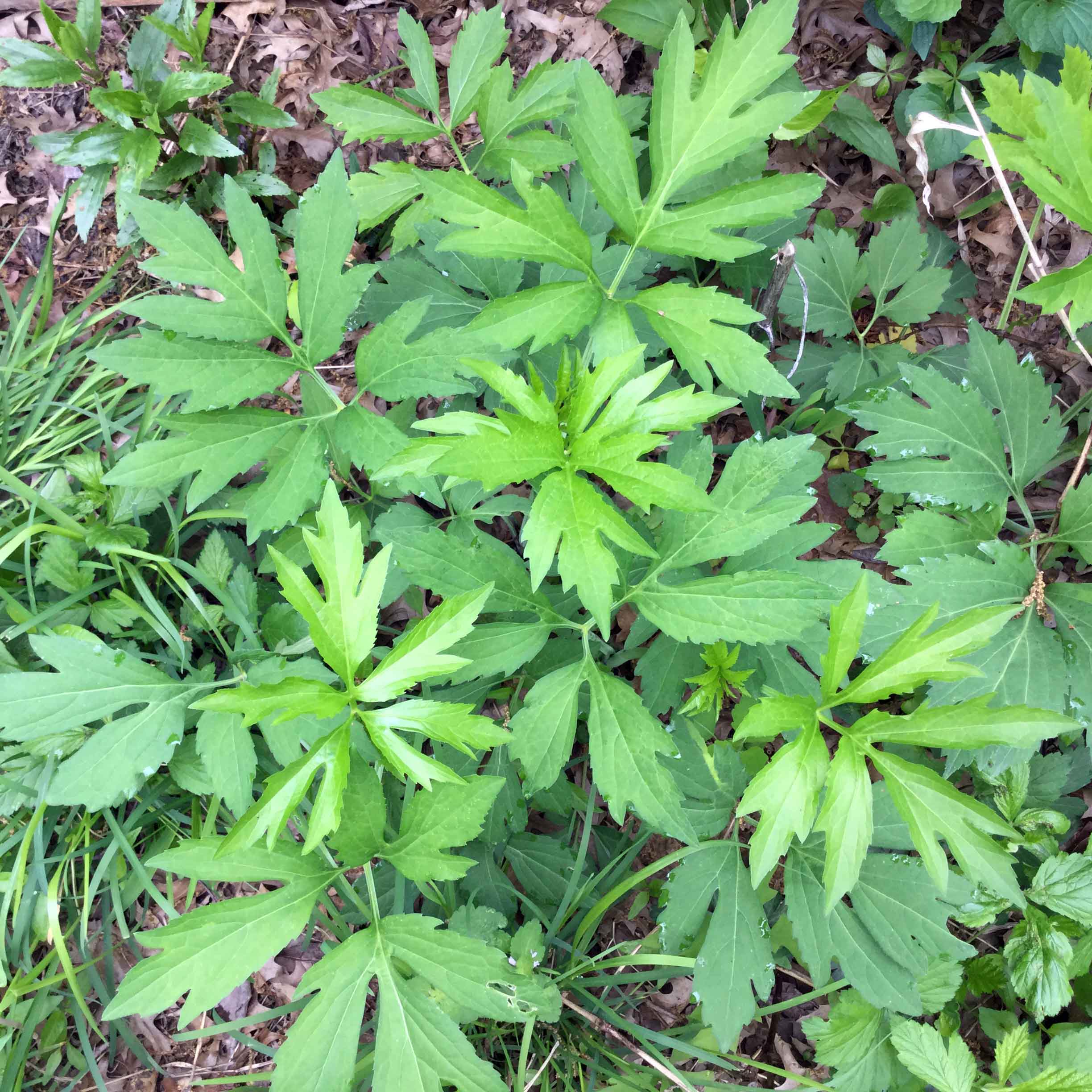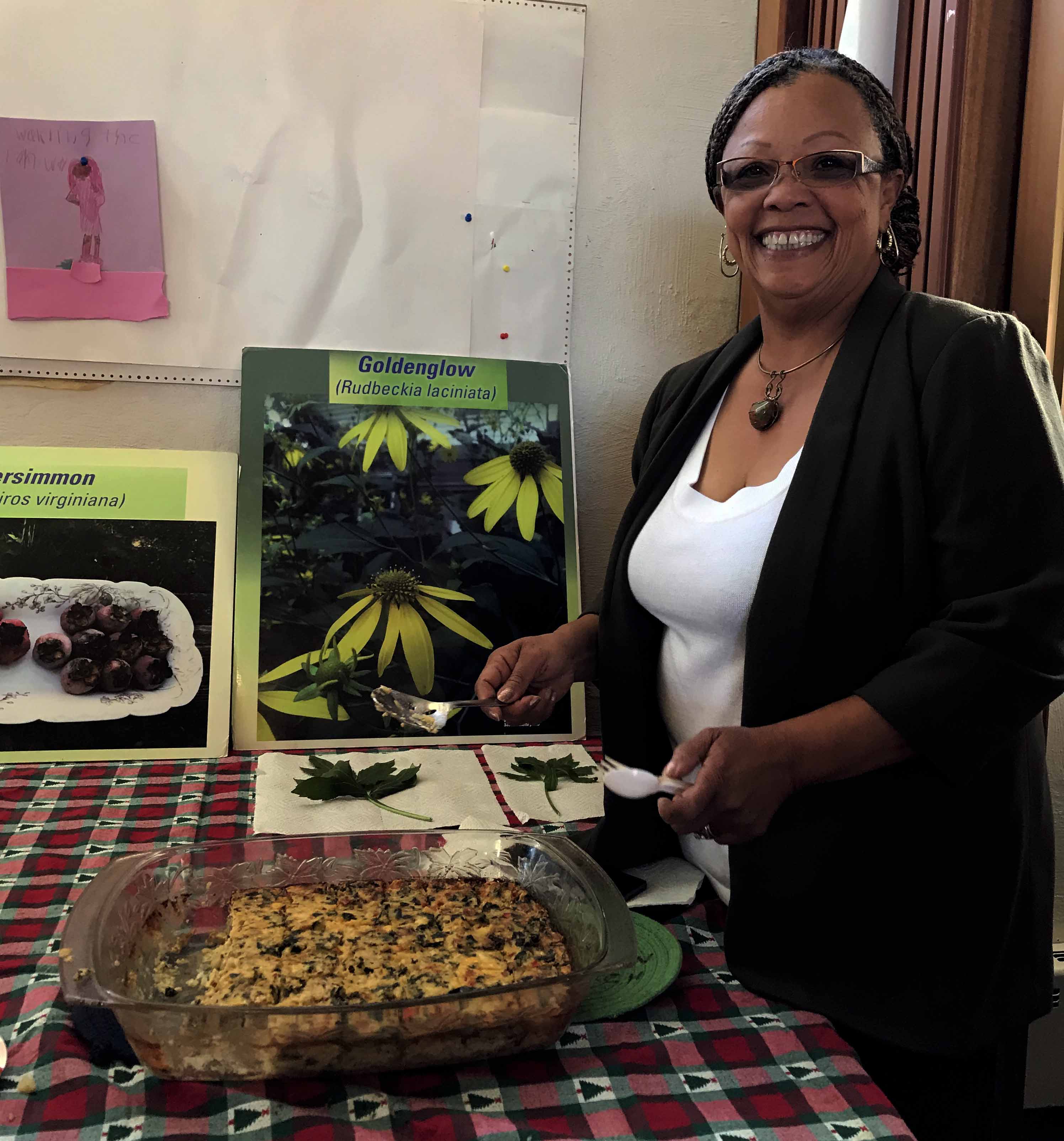Lincoln University will receive nearly $50,000 from the state to promote Missouri's native edible plants as specialty crops.
The experience is expected to expand the market for specialty crops grown in the state, as well as get farmers, gardeners and fresh food enthusiasts thinking about Missouri's natural plants.
Although there will be a little research involved, Nadia Navarrete- Tindall, an associate professor and native plant specialist at LU, said the project is primarily about teaching Missourians about the native, perennial greens growing across the state.
Lincoln already grows more than 40 native edible plants on its Finca EcoFarm and has been harvesting them to be eaten for years, developing a variety of recipes along the way.
Throughout the next two years, Navarrete-Tindall will be offering training on native plants, including nettles, wild leeks, wild onions, mints, cup plant, cattail and goldenglow.
The training will provide an introduction to the plants and cover how to identify them, what parts are edible, when to harvest and the potential for growing them as specialty crops, Navarrete-Tindall said.
The USDA defines specialty crops as fruits, vegetables, tree nuts, dried fruits, plants, and nursery crops that are cultivated for food, medicine or aesthetics.
"We talk about native edibles because people like to know what they can eat from their backyard," Navarrete- Tindall said. "That's one of the reasons I want to do it, just to teach people that they might have something very nutritious in their own backyard."
Navarrete-Tindall's project has already been approved, and she's now working to identify people who might be interested in learning about Missouri's native plants.
Although still early in the search, Navarrete-Tindall said farmers, gardeners and chefs from around the state have expressed interest in the training, as has a landscape designer in St. Louis who specializes in gardens that grow food.
"There is a variety of groups that would have some benefit from this grant, not just Lincoln," she said.
Part of the grant money will also be used to host "Dining Wild" dinners, in which each dish is prepared with at least one native plant. Navarrete-Tindall said the dinners have been hosted at LU before and will soon pop up around the bootheel region, central Missouri and Kansas City.
"With these three events, we hope that people get more exposed to these plants," she said.
Lincoln's research is one of nine projects the Missouri Department of Agriculture chose to fund through the United States Department of Agriculture's Specialty Crop Block Grant.
The state allocated $428,000 to the nine projects, which are focused on strengthening the market for specialty crops grown in Missouri.
Chris Chinn, director of the Missouri Department of Agriculture, said each project has the potential to provide long-term assistance to current farmers and the next generation of farmers.
"Adding new markets and strengthening existing ones helps their bottom line and also can provide the opportunity for the next generation to return to the farm," Chinn said in a news release.
Navarrete-Tindall said receiving the grant money from the state shows support for her research area and indicates the state sees value in including native plants on farms.
"It helps us to expand the information across the state and, possibly, beyond the state," Navarrete-Tindall said. "For me personally, it means a lot because it means what I'm doing is credible."
Understanding native plants and how they grow is becoming more important amid climate change, Navarrete-Tindall said, because they are more resilient and more likely to survive extreme weather conditions.
"We hope that we can help farmers to grow plants that are already adapting to the changes in climate," she said.
Navarrete-Tindall said she's hopeful farmers realize different weather patterns are emerging and want to explore different crops that would be more likely to grow.
Native plant growth is equally important for native pollinators, such as bees, because they feed and support those populations, she said.
"I like to work with native plants because they are a part of us," Navarrete-Tindall explained. "And then we are supporting not only us, but beneficial insects, like pollinators and other wildlife."



